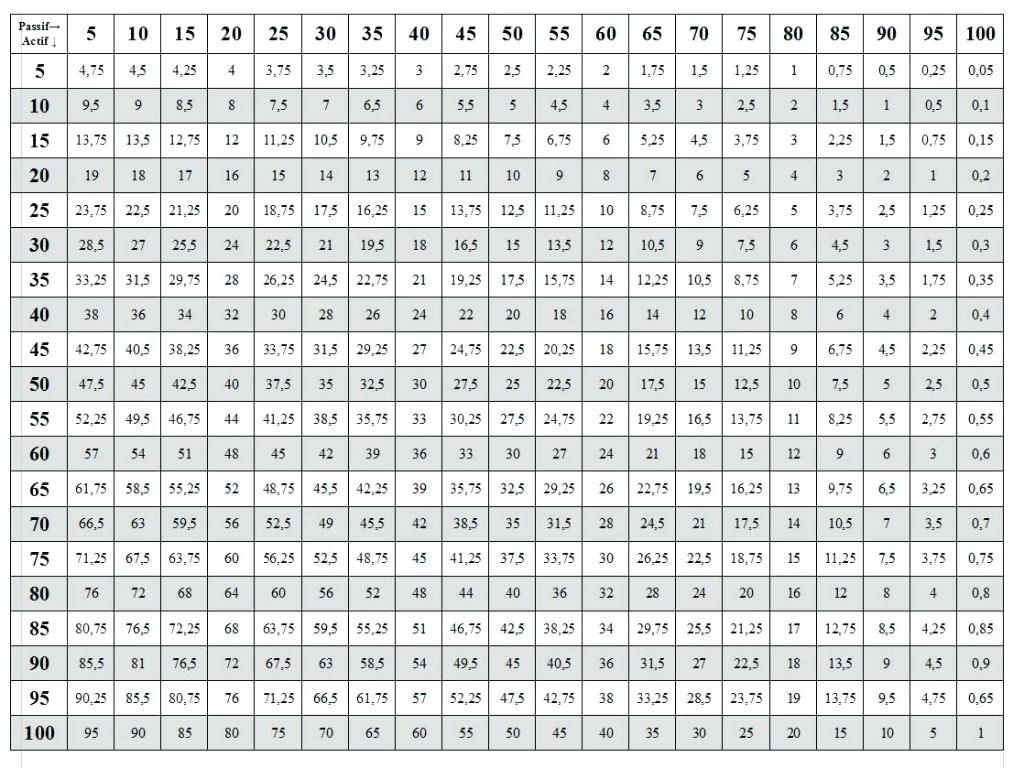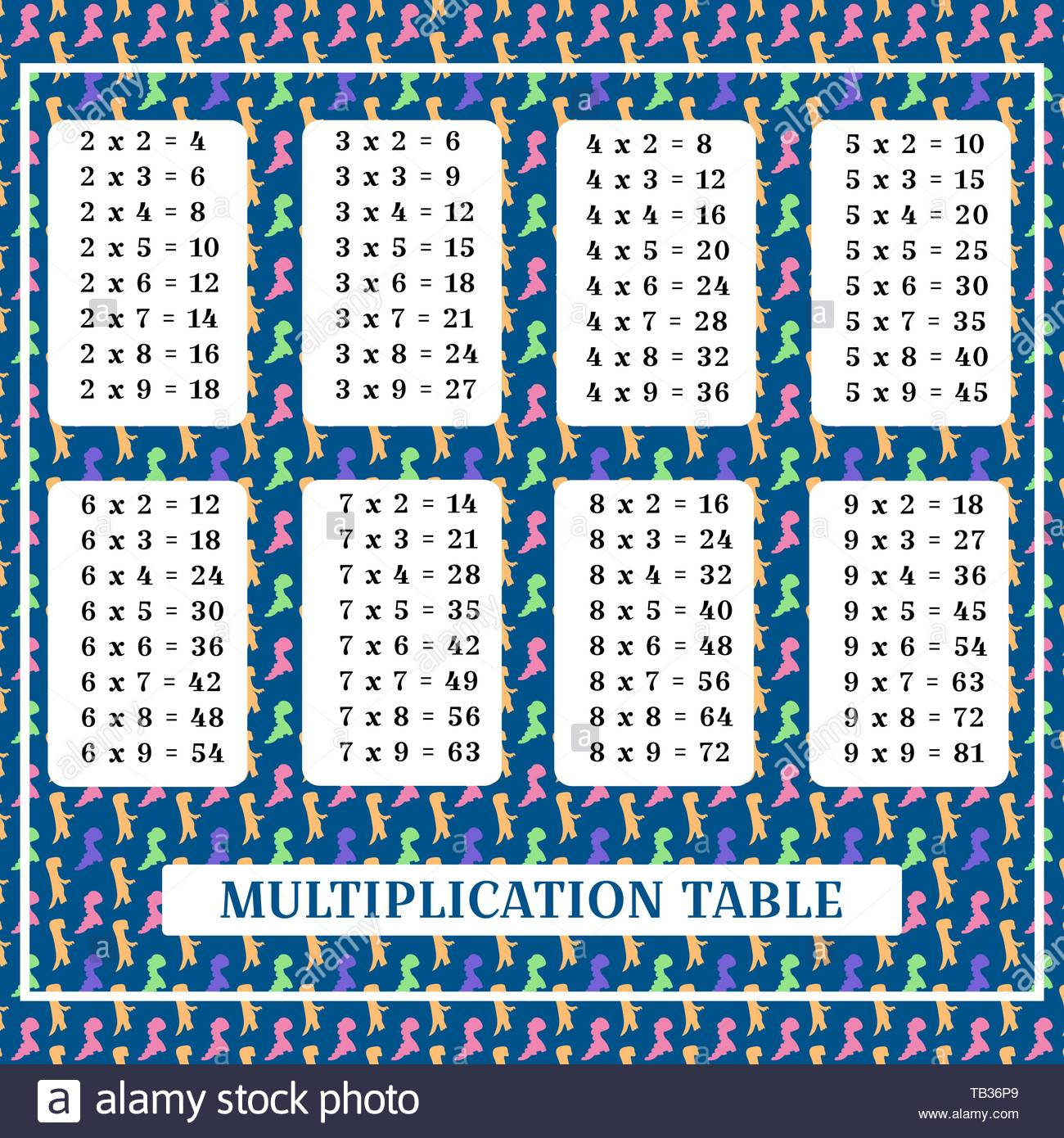

Neurodiversity is a term that describes how no two people have the same brain, and everyone’s brain forms and develops in a completely unique way.

People who have dyscalculia are neurodivergent. Experts estimate it affects between 3% and 7% of people worldwide. How common is dyscalculia?ĭyscalculia is uncommon but widespread. Who does dyscalculia affect?ĭyscalculia can happen to anyone, but it’s common for it first to draw attention when children are in their first few years of elementary school (between ages 6 and 9). It’s also possible for people to have both dyscalculia and dyslexia. While they’re different, the two conditions fall under the same diagnosis, “Specific learning disorder,” in the American Psychiatric Association’s Diagnostic and Statistical Manual of Mental Disorders, Fifth Edition (DSM-5). Dyslexia: This learning disorder affects a person’s ability to read.Dyscalculia: This learning disorder affects a person’s ability to do math.In the most general terms, these two break down as follows: What is the difference between dyslexia and dyscalculia?ĭyslexia and dyscalculia are both learning disorders, but they have key differences. This usually happens for other reasons like a medical condition (see more about this under the Causes and Symptoms section below). This form, acquired dyscalculia, can happen at any age. There’s also a form of dyscalculia that appears later in life. People who have dyscalculia often face mental health issues when they have to do math, such as anxiety, depression and other difficult feelings.

However, many adults have dyscalculia and don’t know it. The symptoms of this disorder usually appear in childhood, especially when children learn how to do basic math. However, their struggles don’t mean they’re less intelligent or less capable than people who don’t have dyscalculia. People who have dyscalculia struggle with numbers and math because their brains don’t process math-related concepts like the brains of people without this disorder.

Dyscalculia is a learning disorder that affects a person’s ability to understand number-based information and math.


 0 kommentar(er)
0 kommentar(er)
